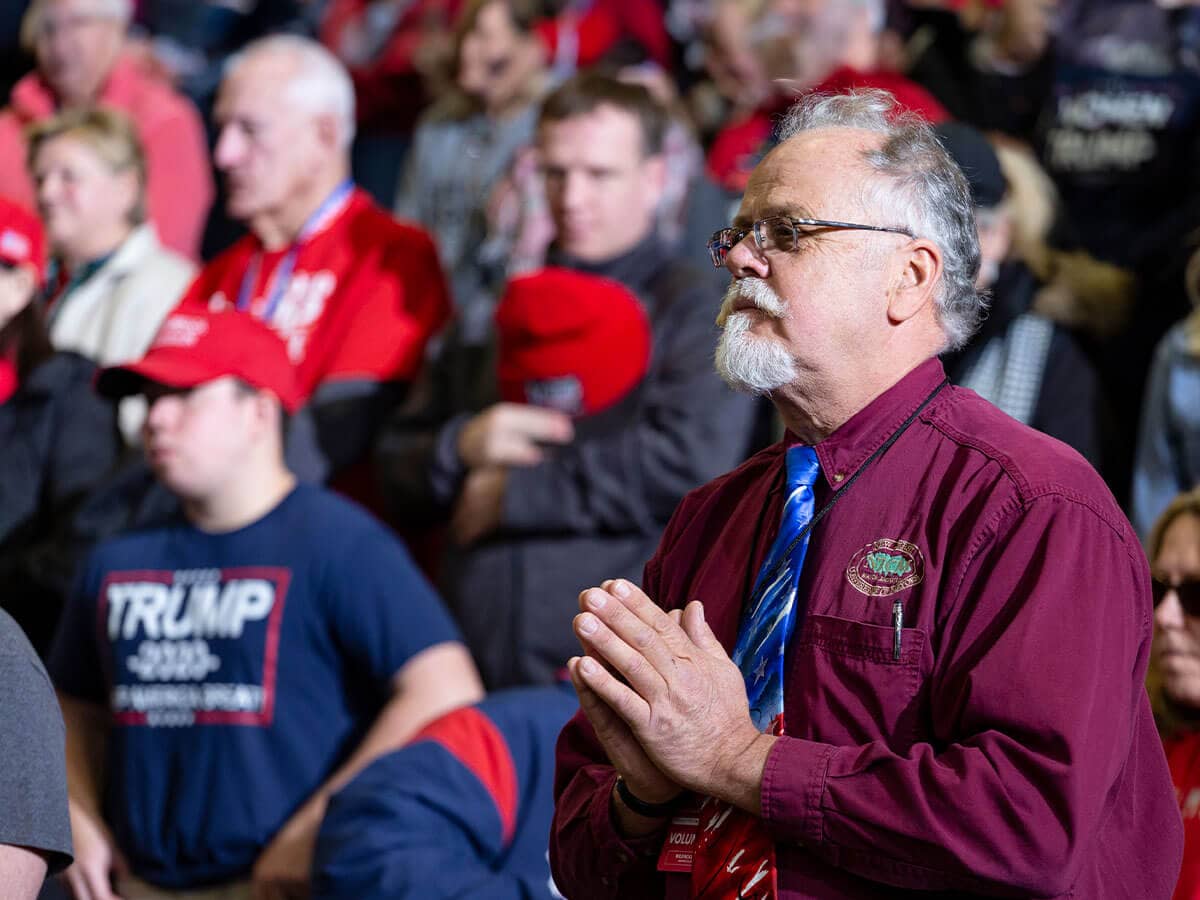Julia Taft, the State Department coordinator on Tibetan issues, said Albright discussed with the Dalai Lama the talks on Tibet that she held with Chinese President Jiang Zemin during her recent visit to Beijing.
The Tibetan leader met briefly with reporters after the 30-minute meeting and had praise for Albright.
``She always has tried to help materialize meaningful talk, dialogue,'' he said. ``I always appreciate her effort and not only as secretary of state but she also is personally also taking a genuine concern.''
Taft said the Dalai Lama always has been consistent in his view that ``he is not a `splittist' (the Chinese term for advocates of full Tibetan independence). He is not seeking independence for Tibet.
``He wants to move forward. He wants to find some way to improve the stability of China by not having Tibet be an issue. The way he sees that is through dialogue and discussions and promotion of self-governance.''
The Dalai Lama has been on an extended U.S. visit. He met with President Clinton two weeks ago. Beijing denounced that meeting, as it does all meetings the Dalai Lama has with world political leaders.
In advance of Monday's meeting, China lodged a strong protest with the United States in which it expressed ``deep resentment'' about the meeting.
``The Tibetan affair is purely China's internal affair, which brooks no interference from foreign countries,'' a foreign ministry spokesman in Beijing said.
China opposes autonomy for Tibet and sees the Dalai Lama as a rallying point for pro-independence forces. Chinese officials have refused to meet with him.
The Dalai Lama's meeting with Albright followed by a day a talk he gave in Washington Sunday to a crowd estimated at about 50,000. His talk was in coinjunction with a two-week Tibetan exhibit at the Smithsonian Folk Life Festival on the National Mall.
The Nobel Prize winner's hour-long talk was, in the main, a discourse on Tibetan Buddhist beliefs. Staying clear of the Tibetan political situation, he noted the illusionary nature of wealth and power and the role of hope and generosity.
The Dalai Lama, who fled Tibet in 1959 after an aborted uprising against Chinese military control and now lives in India, said "I believe the very foundation of our existence is hope. When there is hope, we will survive. Without hope, there is no survival."

